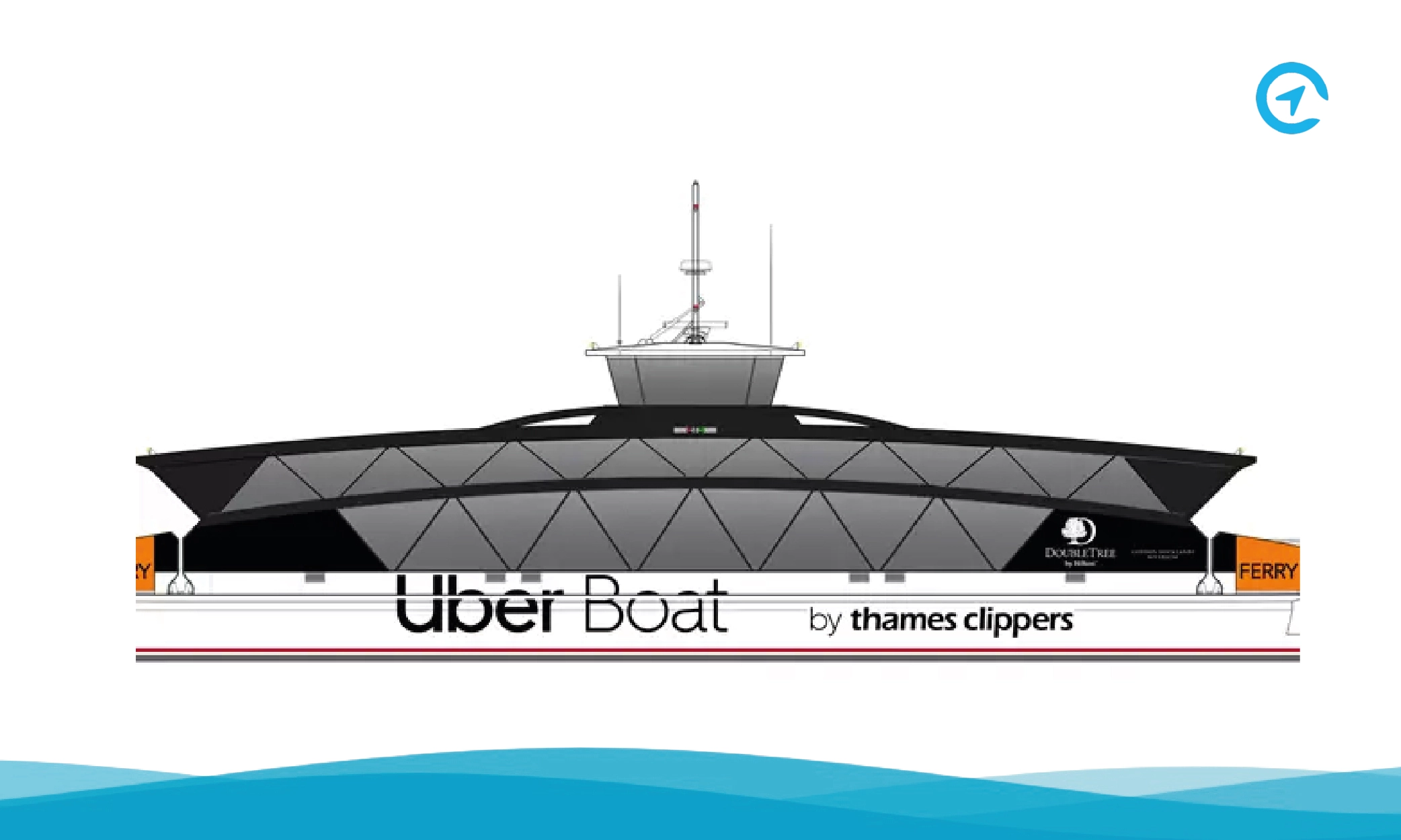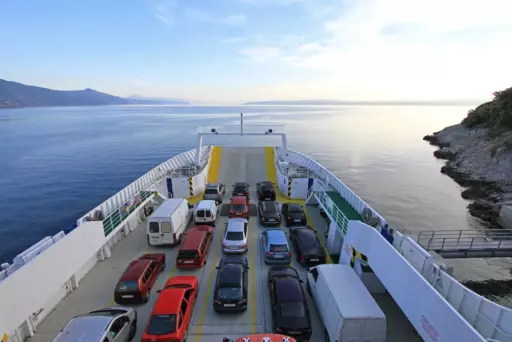
London’s First Electric Ferry and Its Impact on Sustainability
Ferry 1 Jan 2025
London’s First Electric Ferry and Its Impact on Sustainability
The future of transportation is increasingly focused on sustainability, and the maritime sector is no exception. In this context, London has taken a bold step toward green innovation with the launch of the UK’s first fully electric ferry: the Orbit Clipper. This vessel, set to begin operations in 2025, marks a significant advancement in water transport by offering a clean and efficient alternative to traditional ferries in the city.
What is the Orbit Clipper and what makes it special?
The Orbit Clipper is an electric ferry that will operate on the River Thames, offering regular service between two of London’s key locations: Canary Wharf and Rotherhithe. With capacity for 150 passengers and 100 bicycles, the ferry is designed to make transportation more accessible—especially for urban cyclists looking for a greener, more practical option.
What truly sets the Orbit Clipper apart is that it’s fully electric, eliminating CO2 emissions and other pollutants associated with fossil fuels.
The impact of electric ferries on sustainability
The transportation sector is one of the largest contributors to global greenhouse gas emissions. However, clean technologies are beginning to change this reality. With the growing shift toward electrifying public transport, electric ferries present a key opportunity to cut emissions in the maritime sector. By removing the need for fossil fuels, they not only reduce carbon output but also help improve air quality in urban areas.
Additionally, powering these ferries with renewable energy could allow cities like London to establish clean, sustainable river transport systems—minimizing their environmental impact. These kinds of initiatives not only reduce pollution but also pave the way for greater innovation in urban mobility.
Why choose electric transport?
Electric transportation is becoming increasingly important—not only for fighting climate change but for its practical advantages. Here are a few reasons to consider it for your next trip:
- Reduced CO₂ emissions: Electric vehicles don’t rely on fossil fuels, significantly lowering pollutant emissions.
- Lower noise: Electric vehicles are much quieter than traditional ones, improving the urban soundscape.
- Energy efficiency: Electric systems are far more efficient than internal combustion engines, using less energy for the same distance.
- Cost savings: While the initial investment may be higher, the long-term cost of maintenance and operation is significantly lower.
Latest posts

Events 30 Jan 2026
Kikoto Ferries joins the Travelsoft Services supplier portfolioKikoto Ferries joins Travelsoft Services, expanding ferry route access for international travel agencies and tour operators.
Read more
Ceuta 18 Jan 2026
CUNA DE LA LEGIÓN 2026 FERRY OFFER – Everything You Need to Know About the Race and How to Get There by FerryDiscover the Cuna de la Legión 2026, its race formats and how to take advantage of the special ferry offer for non-resident participants.
Read more
Ferry 19 Nov 2025
Which is the best Canary island for your holidays?Choosing the best Canary Island depends on the type of trip you want: there are perfect options for couples, families, nature lovers, or anyone looking for winter sun. In this Kikoto Ferries guide, we summarize what to consider, which island suits you best, and how to get there by ferry from the mainland so you can enjoy a hassle-free holiday.
Read more
Are you in a hurry?
By activating the location, we transport you directly to the nearest ports, revealing imminent departures that are ready to set sail.
Book fast tripWhere are you departing from?

Customer service
Visit our customer service page to find useful information about ferry travel, our frequently asked questions, and how to contact us for help with your reservation.





